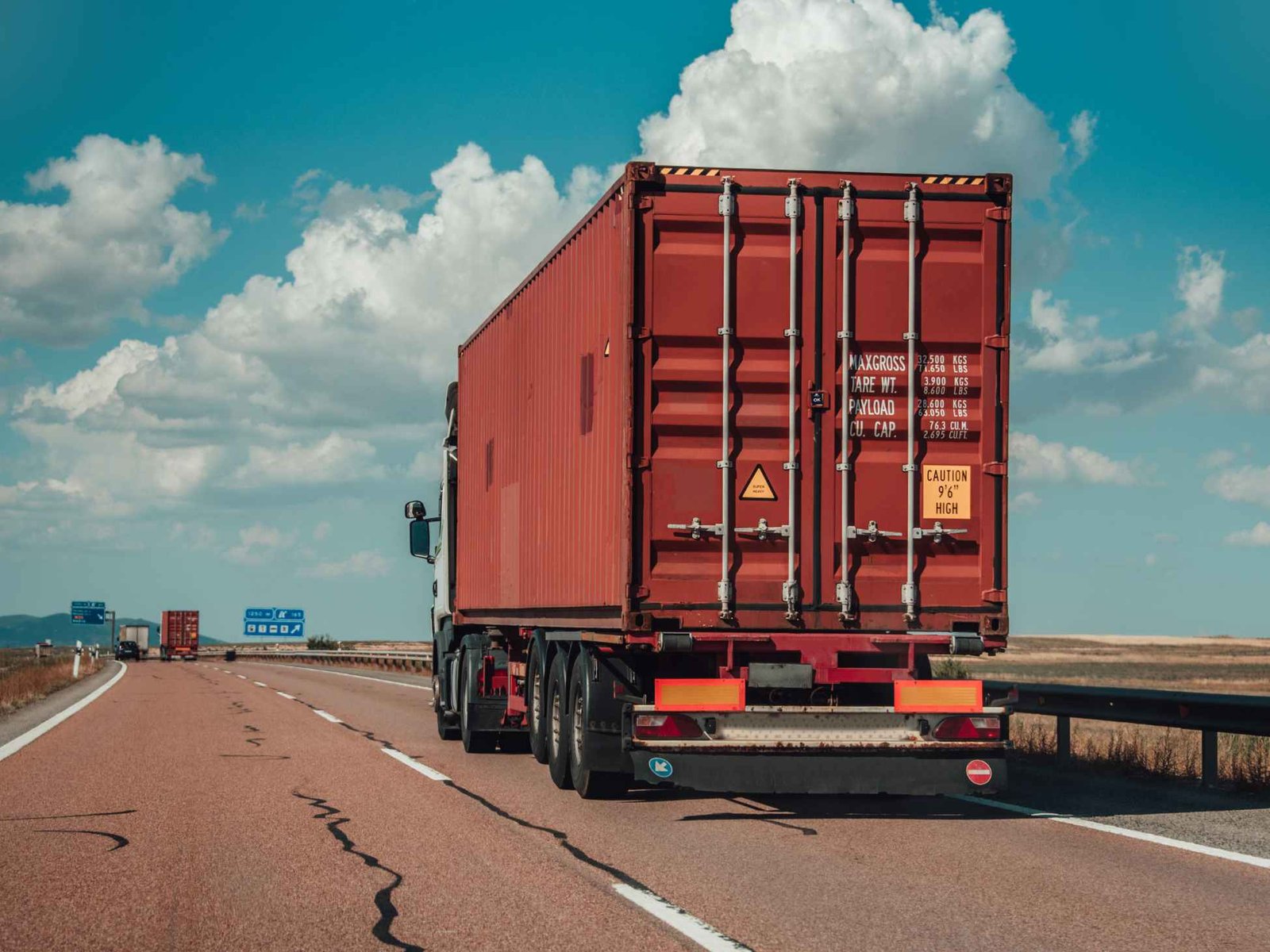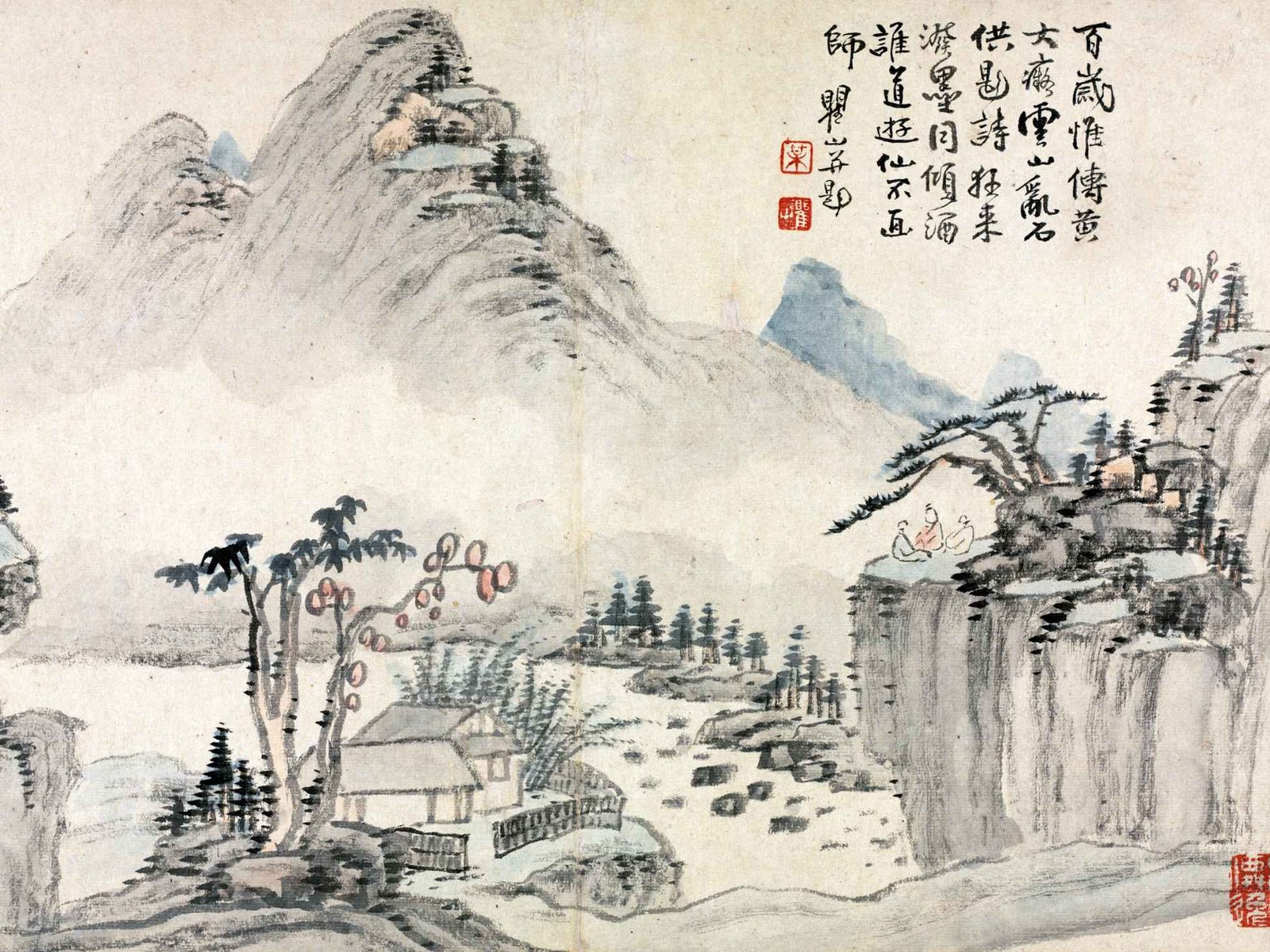Freight transport is an integral part of the global economy, as millions of tonnes of cargo are transported every day by various means of transport. However, despite the diligence in life as it is, and what is more in the transport industry, sometimes accidents and damage occur. This is where cargo insurance comes into play. Specifically, it is a type of cargo insurance known as insurance OCP (Owner's/Operator's Commercial Liability), is a policy that is taken out by the carrier and protects in the event of damage, theft or other events related to the goods. It is not a compulsory policy and the haulier can take out this insurance voluntarily. For this reason, some companies choose to work with hauliers that have a third-party liability policy.
Is third-party liability insurance compulsory?
The purchase of OCP insurance is not mandatory. Hauliers decide for themselves whether to purchase a policy. In practice, however, freight forwarding companies and customers require hauliers to have a third-party liability insurance policy and it is often a prerequisite for carrying out transport.
What does third party liability insurance protect against
- Cargo damage, destruction, theft or fire: third-party insurance protects against losses resulting from damage, destruction, theft or fire to goods carried by the transport company. If these events occur, the insurer covers the losses incurred.
- Delayed delivery of goods: the OCP policy can also cover delayed delivery of goods, providing compensation to customers if delivery dates are not met.
- Breakdown of the refrigeration unit: OCP insurance can extend coverage in the event of a breakdown of the refrigeration unit, which is crucial in the transport of goods requiring the maintenance of a certain temperature. In the event of damage to the refrigeration unit, the insurer will cover losses resulting from damage to the cargo.
- Lack of a valid technical inspection of the vehicle: a third-party liability policy can protect against losses caused by damage to the load if the vehicle does not have a valid technical inspection.
- Driving under the influence of alcohol: some OCP policies may also offer cover if the driver drives under the influence of alcohol, resulting in damage to goods.
- Non-performance or improper performance of the contract of carriage: OCP insurance can protect against the consequences of non-performance or improper performance of the contract of carriage by providing compensation to customers in the event of unsatisfactory service.
It is worth noting that individual OCP policies may have different coverages and conditions, so it is advisable to carefully review the terms and conditions of the policy and any additional protection options offered by the insurer before purchasing the policy. OCP insurance is often requested by customers of haulage companies, helping to increase customer confidence and providing financial protection in the event of damage.
How do I report a loss under my OCP policy?
To report a loss under your OCP policy, follow the steps below:
- Report the damage immediately: Immediately after the driver leaves the place of unloading, the damage must be reported to the insurer. This can be done by telephone or email. Reporting by telephone has an advantage because you receive the damage number immediately.
- Sending documents: Once the claim has been reported, the following documents must be sent to the insurance company:
- CMR letter, which contains information on the extent and cause of the damage and the details of the consignee, who is presumed to be the owner of the damaged cargo.
- A transport order, on the basis of which the insurer determines whether the company acted as an actual or contractual carrier in the damage and what the carrier's responsibilities were.
- All documents proving the legality of the transport activity, such as the transport licence, driver's licence, driver's employment contract, registration certificates of transport vehicles, tachograph records, GPS printout.
- A statement setting out the circumstances of the damage, which is a key document for the subsequent liquidation of the cargo damage. If the damage to the cargo was caused by one of the conditions listed in Article 17(4) of the CMR Convention, the loss adjuster may refuse to pay compensation immediately after the damage is reported.
- A police note, if available, or contact details of the police unit that intervened at the scene of the damage.
- Contact the shipper, allowing the claims adjuster to obtain additional documents without having to send a request to the carrier.
- Reporting the damage and providing the required documents will allow the insurer to deal with the claim quickly and efficiently, helping to avoid financial problems associated with the claim.
In what cases does insurance not work?
OCP insurance has certain exclusions that may make it not work in certain situations. For example, basic insurance may not cover the transport of hazardous materials, money, works of art or live animals. In addition, the insurer may refuse to cover the transport of expensive electronic equipment unless an appropriate supplementary agreement is in place.
If there is negligence on the part of the carrier or driver, the insurer may refuse to pay the claim. Such negligence may include driving by a person without the required licence, failing to comply with driver's hours regulations, incorrectly loading or stowing the load on the semi-trailer, entering a country where the OCP policy is not in force, or parking in an unguarded car park.
It is important to read the General Terms and Conditions of Insurance (GIC) carefully before concluding a contract with an insurer to avoid possible problems with the payment of compensation in the event of cargo damage.






